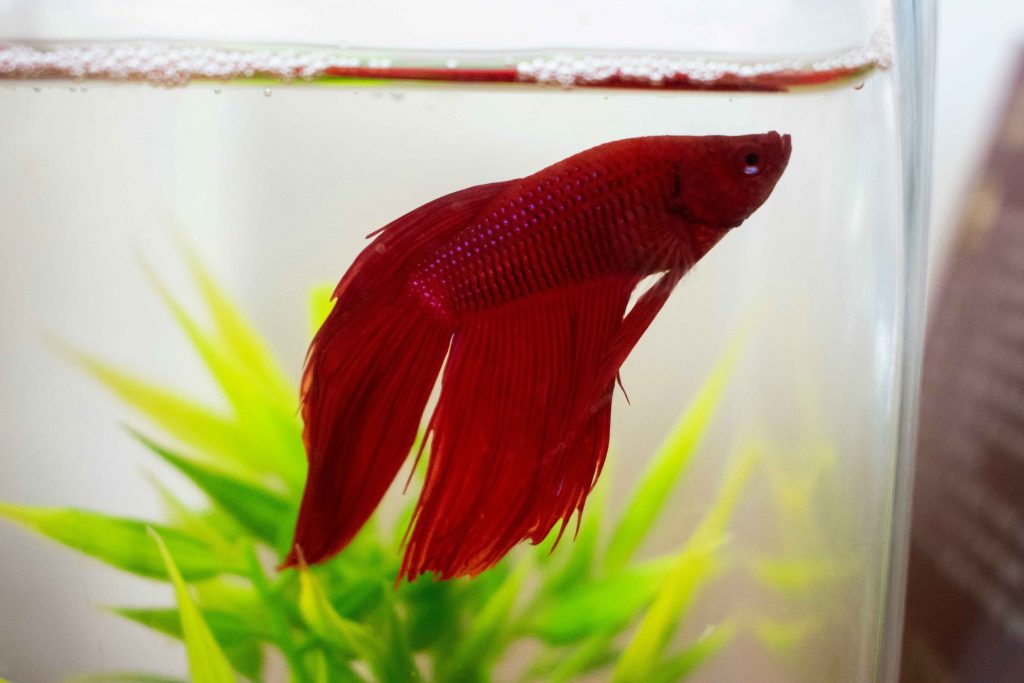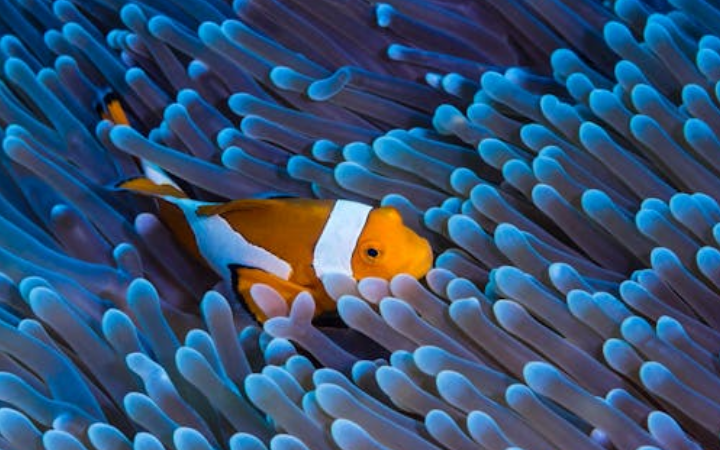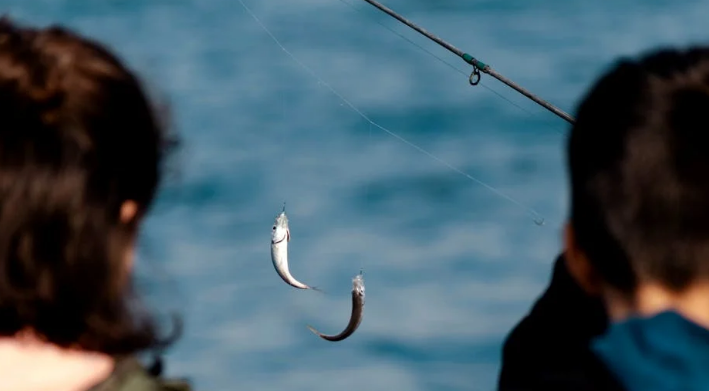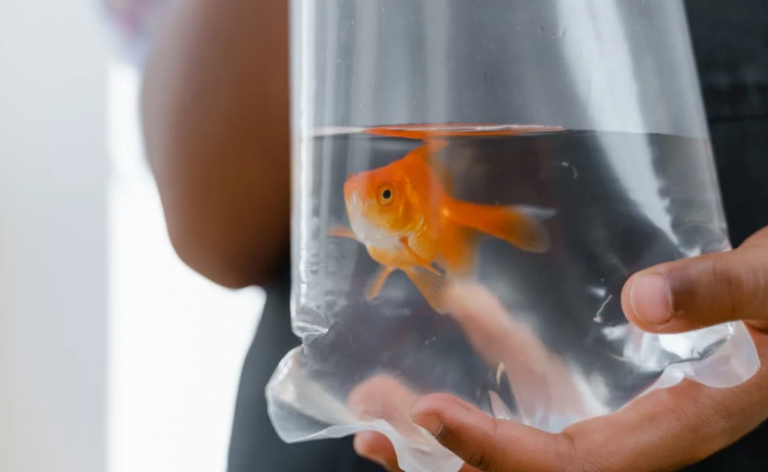The exact answer to how long a Betta fish can go without food is approximately 14 days. However, it is crucial to understand that while Betta fish can survive for up to two weeks without food, it is not recommended to leave them unfed for this long unless absolutely necessary. Regular feeding is essential for their health and well-being.
Understanding Betta Fish Needs

Betta Fish Diet
Betta fish, also known as Siamese fighting fish, are carnivorous. In the wild, they eat small insects and larvae. In captivity, their diet should consist of high-protein foods. Specialized Betta pellets or flakes, frozen or live food like brine shrimp, bloodworms, and daphnia are ideal. A varied diet helps ensure they get all the necessary nutrients.
Importance of Regular Feeding
Regular feeding is vital for Betta fish. It keeps them healthy, supports their immune system, and enhances their vibrant colors. Overfeeding, however, can lead to obesity and water quality issues, so it’s essential to strike a balance.
Factors Affecting How Long Betta Fish Can Go Without Food
Age and Health
Young Betta fish and those in poor health may not withstand long periods without food as well as healthy, adult Betta fish. Younger fish have higher metabolic rates and need more frequent feeding.
Tank Conditions
The conditions of the tank, such as water quality and temperature, can affect how long a Betta fish can go without food. Clean water and a stable, warm temperature (around 78-80 degrees Fahrenheit) are crucial for their survival during periods without food.
Previous Diet
A well-fed Betta with a healthy reserve of nutrients will fare better during fasting periods. Fish that have been consistently fed a balanced diet will have better energy stores to draw from when food is scarce.
Preparing for Short Absences
Feeding Before Leaving
If you plan to be away for a short period (a few days to a week), ensure your Betta fish is well-fed before you leave. Feed them a nutritious meal before you go, but avoid overfeeding as it can pollute the tank.
Automatic Feeders
Automatic feeders can be a good option if you’ll be away for longer periods. These devices dispense food at set intervals, ensuring your Betta fish receives regular meals even in your absence. However, it’s essential to test the feeder before leaving to ensure it works correctly and doesn’t overfeed or underfeed your fish.
Having Someone Check-In
If possible, ask a friend or neighbor to check on your Betta fish. Provide clear instructions on feeding amounts and schedules. This person can also monitor the tank’s condition and water quality.
Consequences of Extended Fasting
Physical Health
Extended periods without food can lead to weight loss and weakened immune systems in Betta fish. They may become more susceptible to diseases and infections.
Behavioral Changes
A Betta fish that goes without food for too long may exhibit changes in behavior. They might become lethargic, less active, and less responsive. These changes indicate stress and should be addressed promptly.
Long-Term Impact
Prolonged fasting can have long-term effects on a Betta fish’s health. Even if they survive the period without food, they may suffer from permanent damage to their organs and overall vitality.
Best Practices for Feeding Betta Fish
Consistent Feeding Schedule
Maintain a consistent feeding schedule for your Betta fish. Feeding them once or twice a day, with portions they can consume in about two minutes, is ideal. This routine helps keep their metabolism stable and prevents overfeeding.
Variety in Diet
Providing a varied diet is crucial for the health of Betta fish. Rotate between high-quality Betta pellets, frozen or live food, and occasional treats. This variety ensures they receive all necessary nutrients and keeps them interested in their meals.
Avoiding Overfeeding
Overfeeding can be detrimental to Betta fish. It can lead to obesity, digestive issues, and poor water quality in the tank. Remove any uneaten food after a few minutes to prevent it from decomposing and polluting the water.
Emergency Situations
Short-Term Solutions
In case of unexpected events or emergencies where you can’t feed your Betta fish, ensure the tank conditions are optimal. A clean tank with stable water temperature and quality will help your fish cope better during short-term fasting.
Long-Term Solutions
For longer absences, consider having someone take care of your Betta fish or use an automatic feeder. Preparing a care guide with detailed feeding instructions can help ensure your fish receives proper care in your absence.
Conclusion
While Betta fish can survive for up to 14 days without food, it is not advisable to test this limit. Regular feeding, maintaining optimal tank conditions, and ensuring a balanced diet are crucial for their health and well-being. If you plan to be away, take necessary precautions to ensure your Betta fish continues to receive proper care. By understanding their needs and planning ahead, you can ensure your Betta fish remains healthy and vibrant, even during your absence.



